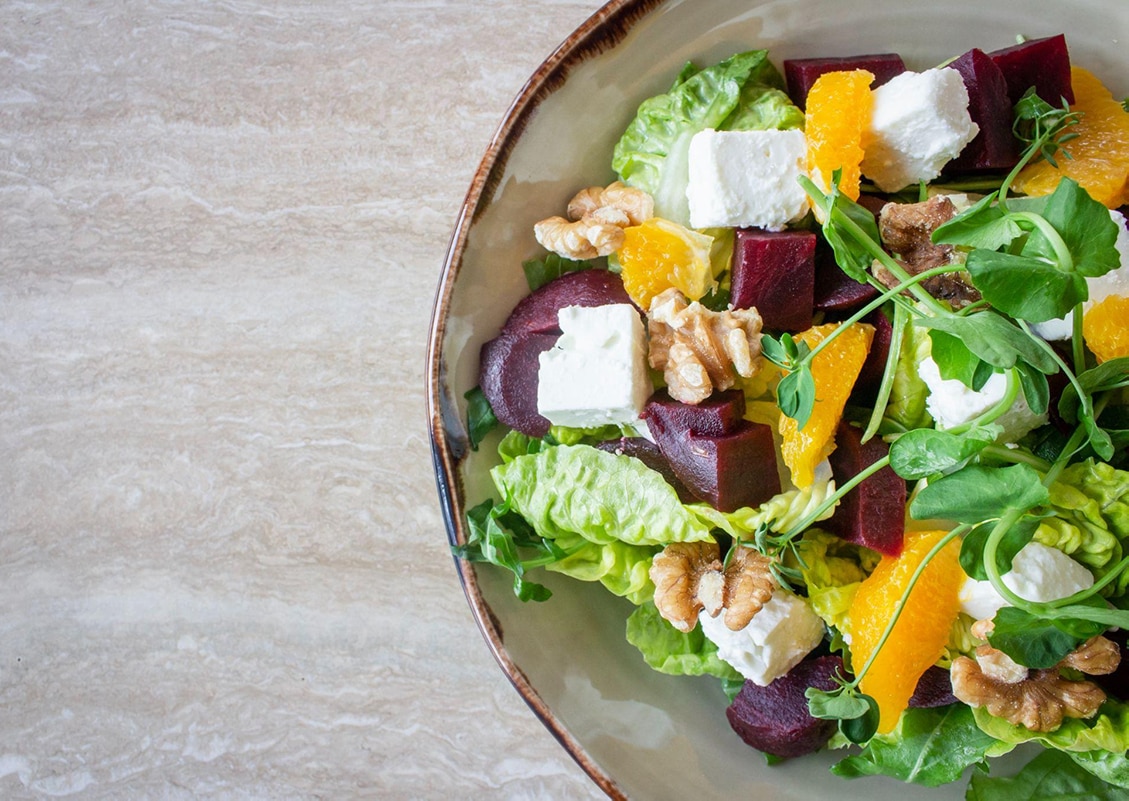Are you struggling to find time for daily exercise? Are you unsure of how to establish a healthy diet that complements your fitness routine? Between work, looking after your children, cleaning the house and other responsibilities it can seem near-impossible to prioritise a healthy diet and exercise. You're not alone in feeling this, with 80% of the world's adolescent population being insufficiently active. With this being said, your diet can support your exercise regimen and should be prioritised where possible. This is because consuming a balanced diet gives your body the resources it needs to repair and rebuild whilst also helping to fuel your exercise routine. To help you achieve your fitness goals and feel your best, we'll give you some advice today on how to create a nutritious diet that complements your workout regimen.
Stay Hydrated
Consuming water whilst exercising will help you stay hydrated, and regulate your body temperature. When you exercise, you sweat, which cools you down. When you sweat you lose essential fluids and electrolytes which can cause weariness, vertigo and even heat stroke. To avoid this - drink plenty of water.
The best option for staying hydrated is water, but if you're exercising a lot or perspiring a lot, you might also want to consider drinking sports drinks. These drinks contain electrolytes and carbs that will replenish the minerals and vitamins lost through exercise.
Eat Plenty of Carbohydrates
Carbohydrates' primary function during physical activity is to supply energy. If your diet is deficient in carbohydrates you are likely to experience performance and recovery issues. This is because they are the primary fuel for the brain and muscles during exercise. By elevating blood sugar levels and preserving important muscular glycogen stores, carbohydrates help to delay fatigue. As a result, you can exercise for longer and at higher intensities before becoming tired. Sources of carbohydrates, such as sweet potatoes, brown rice and oats, will be readily available at your local Tesco or Sainsbury's. If you're looking for carbohydrates that are also rich in minerals and vitamins - try out fruits like blueberries.
Eat a High-Protein
Protein is great because it can support your recovery after exercise. During physical activity, your muscles undergo stress and damage, and protein helps to repair and rebuild them. The amino acids produced by your body from protein are used to maintain and repair muscle tissue. Therefore, getting adequate protein after exercising can aid in muscle healing.
It is clear that protein is critical in the diet of individuals who exercise. Yet, it's not always apparent how much protein should be eaten or in what form. Generally, this varies depending on your height, weight and age, and in some instances your gender! Fitness gurus tend to promote that you consume between 0.8 to 1.2 grams of protein per kilogram of body weight every day - but this is not necessary for everyone. Remember we are all different and all have different needs!
Some people choose to get their protein from powders, shakes or bars, but these products often cause dietary issues and mean you consume unnecessary sugars. For optimum health and performance, try to get your protein from whole food such as fish, poultry and eggs.
Choose Whole Nutrient-Dense Foods

You should eat whole, nutrient-dense foods as part of your healthy diet. Nutrient-dense foods will act as sustainable fuel for your fitness journey and can help you reach your fitness objectives much faster. Your plate should be loaded with vibrant vegetables and fruits, lean meats and nutritious grains like quinoa or brown rice.
Plan Ahead
Planning ahead is an essential component of establishing and maintaining a healthy diet for daily exercise. Without a plan, it's easy to get caught up in the temptation of eating unhealthy snacks or meals on the move, which can undermine your fitness goals. Setting aside time each week to prepare wholesome meals and snacks is one way to plan ahead. You can also portion out snacks like nuts or fruit to grab on the go throughout the week. Even when you're busy, portable options like homemade trail mix, protein bars, or fresh fruit can help you maintain your healthy eating routine. For instance, you should make sure you have enough energy-boosting foods to fuel yourself if you have a busy day of exercise scheduled.
Concluding Thoughts
You should prioritise your food and exercise programme if you want to reach your fitness goals. You can provide your body with the fuel it needs to function at its peak by drinking plenty of water, and eating carbohydrates for energy and protein for muscle recovery. Planning ahead is also key to establishing and maintaining a healthy diet for daily exercise. Remember that establishing a healthy diet for daily exercise is not about perfection, but rather consistency and balance. With these tips and strategies, you can fuel your fitness journey and achieve your goals!